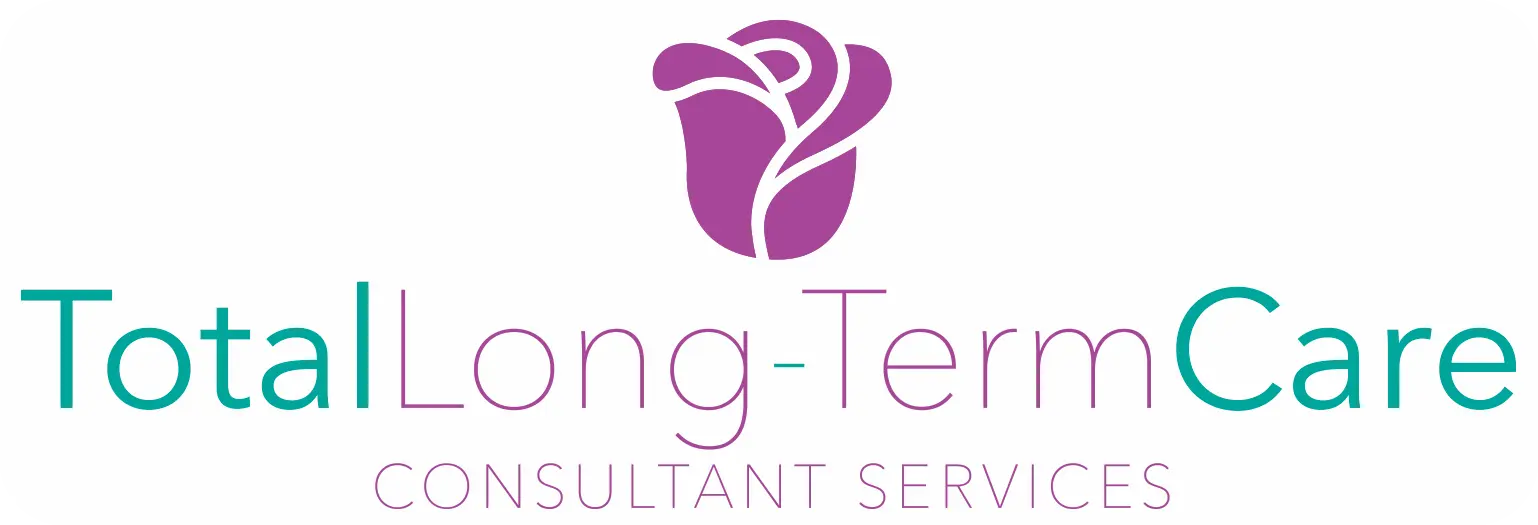7 Innovations in Long-Term Care for Older Adults
Caring for senior individuals demands considerate strategies. The process of aging presents distinct challenges that families and caregivers face collectively. Acknowledging these obstacles is the initial move toward discovering efficient remedies.
Over the years, care models have transformed to include new methods. These changes aim to support older adults while respecting their independence. As these methods evolve, they bring new opportunities to improve well-being of the older adults.
Technology plays a major role in these changes. Technologies such as telehealth and wearable monitoring devices have transformed the delivery of care.
Creating supportive environments is also essential. Adjusting living spaces and adopting person-centered care plans make a significant difference. By combining these efforts with comprehensive care management, families can meet the growing needs of long-term care for older adults.
1. Telehealth Services
Telehealth connects patients with healthcare providers effectively. Elderly individuals can meet with healthcare providers from home via virtual consultations. This minimizes travel and guarantees prompt care. Family members may also join in, keeping themselves updated on health information.
This method is particularly beneficial for handling long-term health issues. Regular check-ins through video calls allow providers to adjust treatment plans. It also prevents unnecessary hospital visits. Older adults feel more connected to their care teams, improving overall outcomes. Long-term care management consultants recognize the value of telehealth in enhancing patient care.
2. Wearable Technology
Wearable devices assist in monitoring essential health data instantaneously. These devices track heart rate, sleep habits, and exercise levels. Alerts inform caregivers when action is required. They also enable seniors to take control of their health. These devices are enhancing the accessibility of monitoring. They integrate with apps that store data for easy access. Caregivers can review trends to identify potential issues. Wearables also encourage healthier habits, like walking more or improving sleep. This technology supports proactive health management.
3. Dementia-Supportive Environments
Creating dementia-friendly spaces improves safety and comfort. Features like clear pathways and labeled cabinets reduce confusion. Homes and care centers designed with these principles promote independence. Families benefit from knowing their loved ones live in secure, nurturing environments. Adjusting surroundings to meet specific needs has a profound impact.
Specialized lighting, calming colors, and noise reduction techniques further aid individuals with dementia. These modifications reduce stress and enhance daily routines. Community care centers are adopting these designs to provide better support. For families, these changes mean peace of mind and improved quality of life.
4. Person-Centered Care Plans
Care models are changing to emphasize personal objectives and requirements. Cooperation among families, caregivers, and healthcare teams guarantees that care matches individual preferences. These strategies consider both physical and emotional health in a comprehensive manner. This method encourages trust and enhances results for elderly individuals.
Families actively contribute to the development of care plans. Clear communication with care teams guarantees that every facet of a loved one’s life is taken into account. This method adjusts to evolving conditions, ensuring continued significance. Person-centered care emphasizes dignity, enabling older adults to feel appreciated and recognized.
5. Robotic Assistance
Robotics offer support for daily tasks. Robotic arms, mobility aids, and automated medication reminders simplify routines. They reduce physical strain for caregivers and help older adults retain independence. By filling specific needs, Robotics enhance the quality of life and ease caregiving.
Innovations in robotics continue to expand. Some robots assist with cooking or cleaning. Others provide companionship through conversations or entertainment. These advancements bridge gaps in caregiving, especially when human help is unavailable. Robotics represents a growing area of support for older adults and their families.
6. Community Programs
Programs designed for social interaction keep older adults connected. Group activities, fitness classes, and hobby workshops encourage participation. These initiatives combat loneliness and support mental well-being. Community engagement also gives caregivers much-needed respite while enriching the lives of participants.
These programs often include intergenerational activities, bringing together different age groups. Such interactions create meaningful relationships and reduce isolation. Communities that invest in these programs see improved happiness and health among their older residents. Social support is vital for maintaining a sense of belonging.
7. Comprehensive Care Management
Coordinating various aspects of care is crucial. Comprehensive care management integrates medical, social, and financial planning. Regular reviews ensure services meet current needs. Families are guided through options, easing stress and confusion. Total Long-Term Care Consultants Services Inc. specializes in delivering such coordinated support.
This approach includes assistance with navigating insurance or government programs. It also involves organizing home modifications or transportation services. Care managers serve as advocates, making sure every facet of a loved one’s care is addressed. Families can prioritize enjoying quality moments together without feeling stressed.
Key Takeaways
Innovative solutions are propelling positive advancements in the long-term care of older adults. From telehealth to community programs, these approaches address critical needs. These developments focus on preserving independence and dignity. At TLC Consultant Services Inc., we offer personalized care plans and expert guidance. Just connect with us and we will help you at every step of the process.




